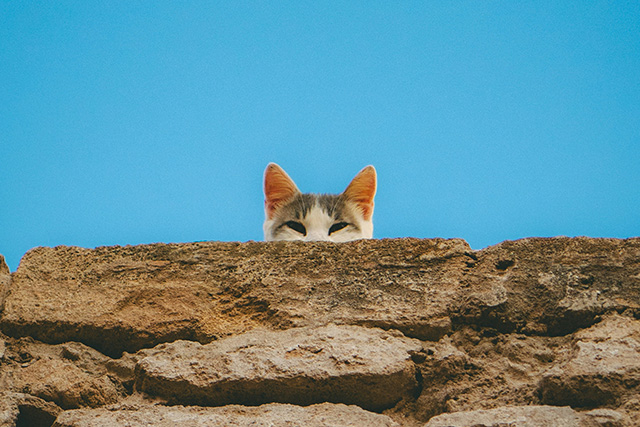When Curiosity First Caught My Attention
The first time I came across Stefaan Van Hooydonk, founder and CEO of the Global Curiosity Institute, was at Learning Technologies. I watched how people spoke about his work. His first book was being used as a guiding framework in a multinational organisation, and what stayed with me was the energy behind it. His ideas seemed to move through people with honesty and momentum, breaking through corporate language and reaching something more human. I left that event with the feeling that he was onto something, and that quiet thought stayed with me for nearly two years.
Why Curiosity Matters in Higher Education
When I began shaping the SDF Festival of Learning for 2025, Stefaan Van Hooydonk resurfaced with unexpected clarity. Financial pressures, competition for students, shifting expectations and the constant sense of being stretched can dim even the brightest sparks. Yet the Higher Education sector is full of naturally inquisitive people. We sometimes forget that curiosity is not a technical competency. It is a part of who we are. If it doesn’t feel like that, it can improve with practice. And I felt that Stefaan’s work might be exactly what we needed, not as another tool but as a reminder of our shared humanity and call to awaken.
The Quiet Hesitation to Look Inward
There is a contradiction many of us recognise. We say we dislike small talk, yet we leap easily into conversations about our deepest struggles. We seek connection, yet often resist real introspection. We talk about ourselves, but hesitate to look too closely. Curiosity is not only about the world or about others; it also asks us to be curious about ourselves, and that can feel uncomfortable.
My Curiosity Diagnostic: A Mirror I Was Not Expecting
Stefaan made the Curiosity Diagnostic Report available to the SDF Festival delegates and I approached my own report with both interest and apprehension. What I appreciated most was how practical it is. It offers a clear reflection of how curious you are and how curious you could be. It does not exaggerate or soften. It simply shows what is already present.
I have seen myself as curious. But I suspected that my curiosity about myself might be weaker than my curiosity about ideas and people. And indeed, my scores showed exactly that: 79 for intellectual and empathic curiosity, and 68 for curiosity of self. Still healthy, but noticeably lower. It made me pause. It reminded me how often we avoid looking inward, even though that is where some of the most meaningful learning begins.
What Stefan Helps Us Reclaim
Through his keynotes, workshops and the work of the Global Curiosity Institute, Stefaan helps people reconnect with what makes them feel alive. He encourages the practice of intellectual curiosity, empathic curiosity and reflective curiosity in ways that can be woven easily into daily life. In a world that can drain rather than nourish, curiosity becomes essential. It keeps us open. It softens our edges. It helps us stay human.
Three Things You Can Do to Enhance Your Curiosity
Here are three simple but powerful practices you can try. Each one is linked to a concrete benefit, so you can feel the impact immediately.
1. Ask for feedback
Not the comfortable kind, but the helpful kind that shows you something you might not see.
What you gain: greater self-awareness, deeper confidence and a clearer sense of direction.
2. Let yourself be surprised
Notice when something challenges your assumptions instead of brushing it aside.
What you gain: more agility, better problem-solving and a renewed sense of possibility.
3. Allow yourself to wonder again
Rediscover the questions you asked before life became so serious.
What you gain: more creativity, more joy and a stronger connection to what matters most.
A Gentle Invitation to You
So here is a small encouragement to all of us: remain curious. Be curious about the world, about others and about yourself. And if you can, check in with your younger self too, the child who asked endless questions and explored everything without hesitation. That child is still there, beneath the layers of adulthood. What might help them feel a little more alive, a little more joyful, a little more curious today?
About the auhor: Rossana Gent is a global learning design leader, qualified coach and facilitator, passionate about learning, leadership and cultivating compassion, insight and authentic connection in people and organisations. With a background that bridges higher education, organisational development and Zen-based leadership, Rossana brings a deeply embodied and reflective approach to learning and transformation.
As a faculty member and coach with the Institute of Zen Leadership, Rossana integrates frameworks such as FEBI and Zen principles to help leaders develop presence, agility and awareness in the midst of complexity. Her work centres on creating learning spaces of belonging and growth, communities where people can bring their whole selves and connect more deeply with purpose and possibility.
